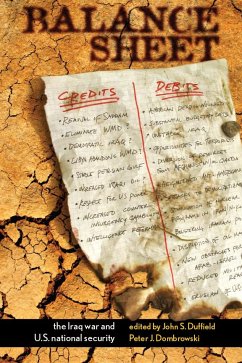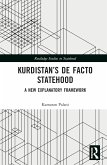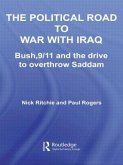The last six years have witnessed a virtually unending debate over U.S. policy toward Iraq, a debate that is likely to continue well into the new administration and perhaps the next, notwithstanding recent improvements on the ground. Too often, however, the debate has been narrowly framed in terms of the situation in Iraq and what steps the United States should take there next, leaving the broader impact of the war on American interests largely overlooked. Ultimately, though, the success and failure of the war will have to be judged in terms of its overall contribution to U.S. national security, including those repercussions that extend far beyond the borders of Iraq. This book addresses this gap by providing a comprehensive evaluation of the consequences of the Iraq war for the national security of the United States. It is aimed at both those who have not yet made up their minds about the merits of the war and those who wish to ground their opinions in a clearer understanding of what effects the war has actually had. Balance Sheet examines both how the war has advanced or retarded the achievement of other important goals of U.S. national security policy and its impact on the ability of the United States to pursue its security interests now and in the future. Individual chapters by expert authors address such key issues as the war on terror, nuclear non-proliferation, stability in the Middle East, the health of the U.S. military, America's standing in the world, and U.S. public opinion. By doing justice to the full range of stakes involved, this book not only reframes the debate over the Iraq war but provides a necessary foundation for future U.S. policymaking toward Iraq and beyond.








